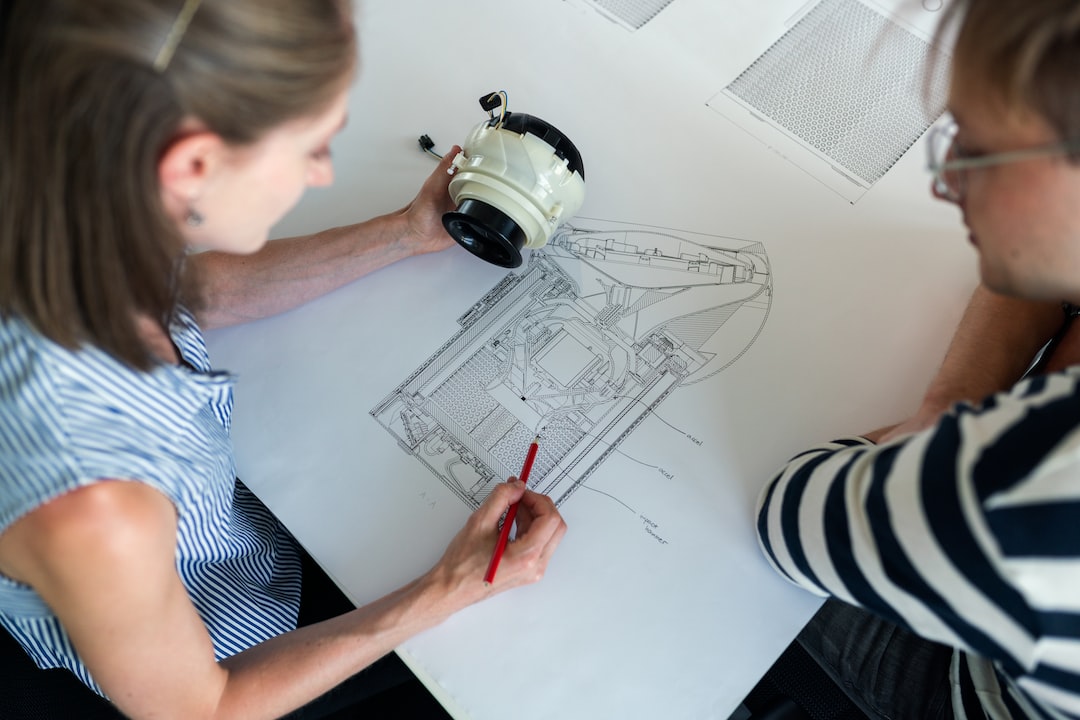Sustainable Engineering Practices for a Greener Future
With the growing concern for the environment and the need for sustainable development, engineering practices play a crucial role in shaping a greener and more sustainable future. Sustainable engineering practices are all about integrating environmental, social, and economic aspects into the design, construction, and operation of various systems and infrastructures.
In this blog post, we will explore some of the key sustainable engineering practices that can significantly contribute to a greener future.
1. Energy Efficiency: One of the fundamental principles of sustainable engineering is to maximize energy efficiency. Engineered solutions that reduce energy consumption in buildings, transportation, and industrial processes can greatly contribute to reducing greenhouse gas emissions and combatting climate change. From efficient lighting systems to optimized heating and cooling systems, engineers have the power to design and implement energy-efficient solutions.
2. Renewable Energy: Addressing the energy needs of the future requires a shift towards renewable sources of energy such as solar, wind, and hydropower. Sustainable engineering practices involve the design and installation of renewable energy systems to meet the energy demands of communities and industries. This not only reduces reliance on fossil fuels but also promotes a clean and sustainable energy future.
3. Waste Management and Recycling: Sustainable engineering practices also encompass efficient waste management and recycling systems. Engineers play a vital role in designing waste treatment plants, landfill management systems, and recycling facilities. By implementing innovative solutions for waste management, engineers can reduce the environmental impact of waste disposal while also promoting the reuse and recycling of materials.
4. Water Conservation: As freshwater resources become increasingly scarce, sustainable engineering practices focus on water conservation and efficient water management systems. Engineers can devise strategies to minimize water waste, design rainwater harvesting systems, and develop technologies for water purification and reuse.
5. Green Infrastructure: Sustainable engineering practices promote the concept of green infrastructure, which involves the integration of natural elements into the built environment. This includes techniques such as green roofs, permeable pavements, and urban forests that help mitigate the urban heat island effect, improve air quality, and enhance biodiversity.
6. Life Cycle Assessment: Sustainable engineering practices involve considering the entire life cycle of a product or system, from its production and use to its disposal. Engineers use life cycle assessment (LCA) tools to evaluate the environmental impacts of different design choices. By conducting LCAs, engineers can identify opportunities to minimize environmental footprints and make informed decisions that promote sustainability.
7. Collaborative Approach: Achieving a greener future requires the collaboration of various stakeholders, including engineers, architects, policymakers, and community members. Sustainable engineering practices emphasize the importance of interdisciplinary collaborations to develop innovative solutions and implement sustainable infrastructure projects.
In conclusion, sustainable engineering practices have the power to transform our world by addressing the pressing environmental challenges we face today. By adopting energy-efficient solutions, embracing renewable energy sources, implementing efficient waste management and recycling practices, conserving water, promoting green infrastructure, and adopting a collaborative approach, engineers can contribute to a greener and more sustainable future. It is essential for engineers to actively incorporate sustainability principles into their work and seek innovative solutions that prioritize the well-being of our planet and future generations. Together, we can create a greener and more sustainable future through sustainable engineering practices.


